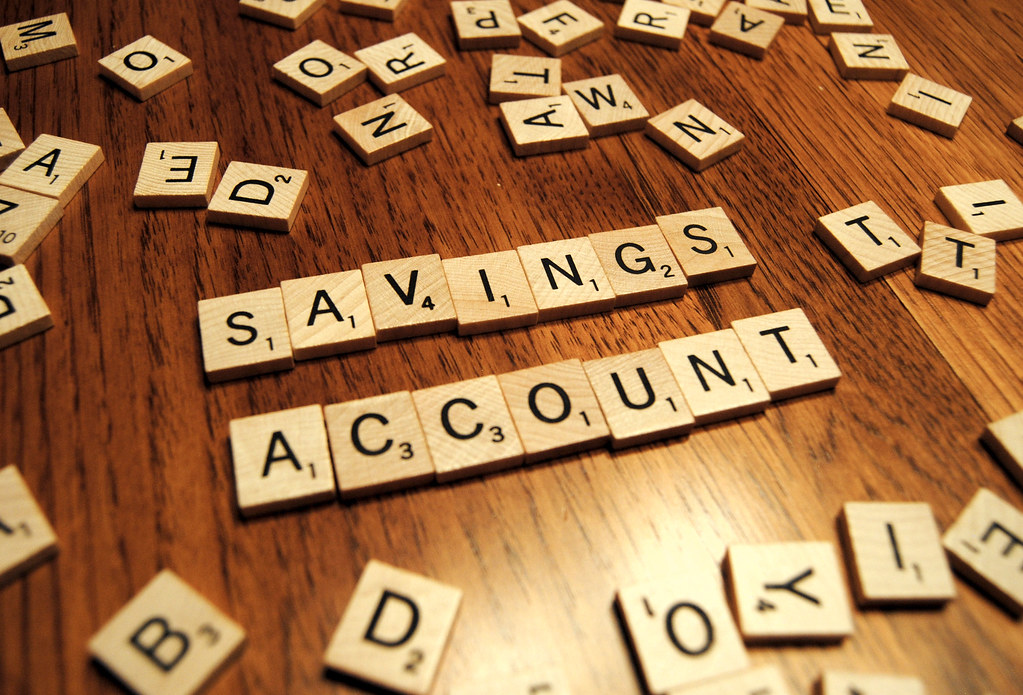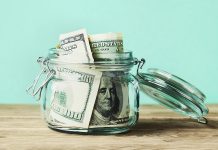With the advent of Amazon and online shopping, American consumers are becoming more fickle about what they buy and subscribe to. Why shouldn't they? After all, there are so many different offers for most of the products and services available on the market. There is, however, one surprising exception where consumers are more loyal than you think they'd be: the banking industry.
People like to complain about the banks a lot. The banking industry has gained some infamy over the years, much of it deserved. However, according to a study by DepositAccounts, 96 million Americans have never switched banks. This reluctance to switch banks is also costing the American consumer billions of dollars!
Among this study's key findings, there's one factor that stands out. Americans who have never switched banks are leaving about $42 billion on the table every year! Of course, the only way to accidentally leave that much money on the table is by not switching to a bank with better interest rates on their savings accounts.

Respondents were also asked why they never switched bank accounts before. The answer was typically that they're satisfied enough where they are. 75% of the respondents said they're satisfied with their current account. What's more worrying is that almost half don't even know how much they're making in interest!
No matter how secure you feel at your current bank, you're losing money every month by not shopping around for savings accounts. The thing is, most big banks actually don't provide great benefits with their savings accounts. Ironically, despite all the complaints you hear about banks, Americans are incredibly loyal to them. This is all great news for the big, traditional banks like Bank of America, where most Americans go for all their banking needs.
Many Americans bank with a credit union or an online entity, but these options are not chosen as often. There is also a generational gap when it comes to who is more aggressively fighting for their financial interests. Millennials are actually more likely to switch their banks and look for better rates. Older Americans are more likely to stick with whatever bank they've been with for some time. While certain trends may be able to explain this difference, the fact of the matter is that no one benefits from their brand-loyalty to their bank of choice.
Now it's time to consider some very simple math. If your bank's savings account offers less than 1% annualized interest, you're losing out. In fact, many of the biggest banks offer interest rates at well under 1% on their savings accounts. On the flipside, high-interest savings accounts can often net you 2.2% interest or higher. These accounts often don't even carry the same ridiculous rules and fees that savings accounts at the big banks do. In fact, according to Business Insider, Wealthfront's Cash Account and Betterment's Everyday Savings both offer over 2% interest. They also allow unlimited transfers at no extra cost and without the monthly fees that slowly trickle money out of most peoples' accounts.

At this point, you might be thinking "that's all great, but why would I actually want to go through the pain of moving my money to a new account?" There is no one, specific answer to this question. High-interest savings accounts are a great way to save up for a large purchase, such as a new home or vehicle. In fact, saving up for large expenses is the best way to make use of a high-interest savings account. This is because higher interest rates help you increase your savings faster. The more you save, the faster your savings grow.
Of course, these accounts can also be used as an emergency buffer, sitting there and growing until you need the money for a sudden emergency. If you take your savings seriously, there is no reason to forgo on the opportunity to increase the compound interest you get from having a savings account. Even if you get into the habit of saving just because you feel like you should, you get more for it if you shop around for a high-interest savings account.
While interest rates shouldn't determine how much you save and how often you add to your savings, higher rates will always be better for you.




